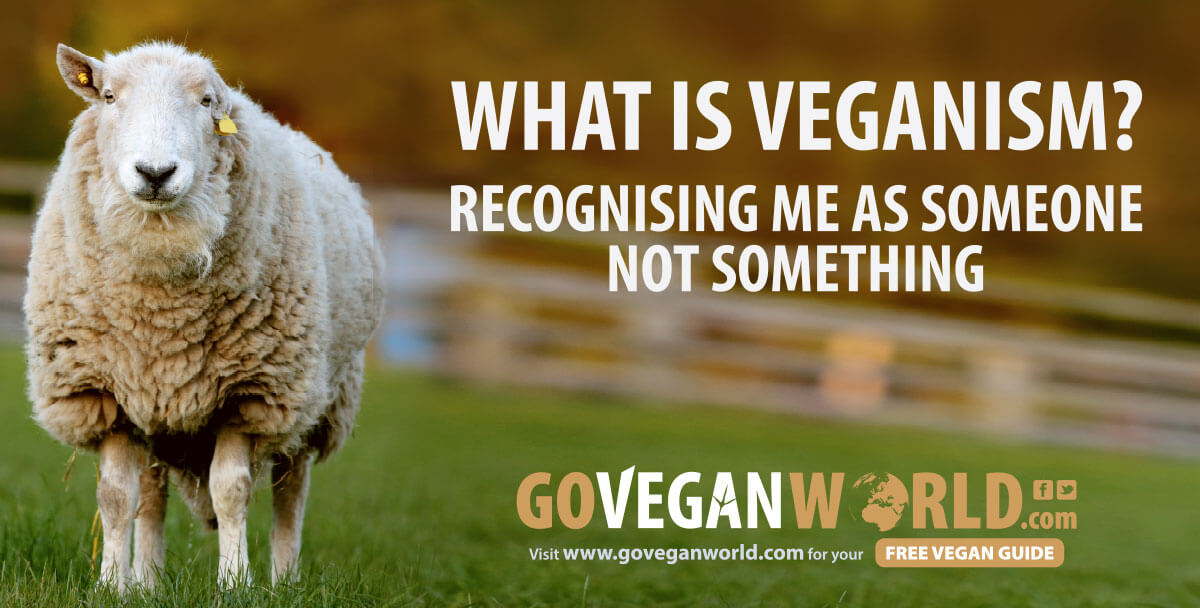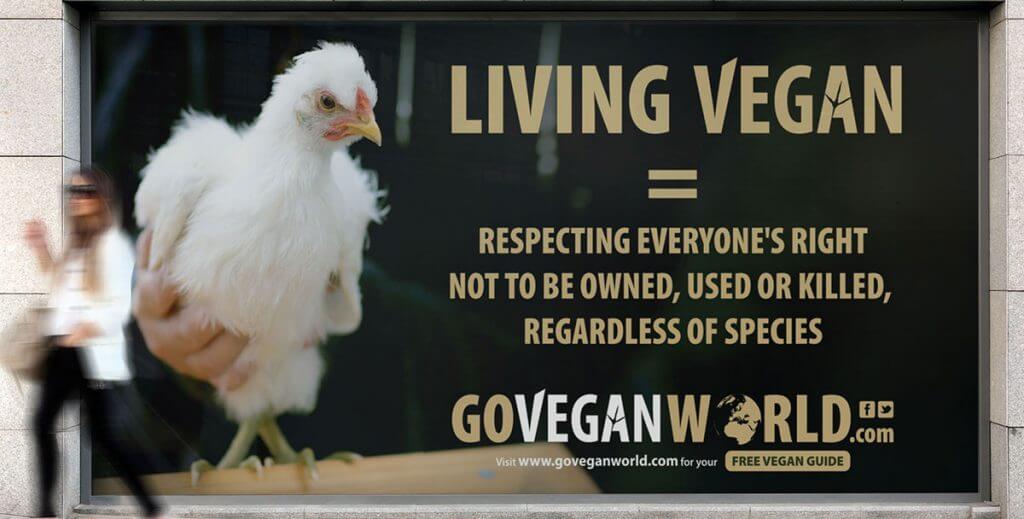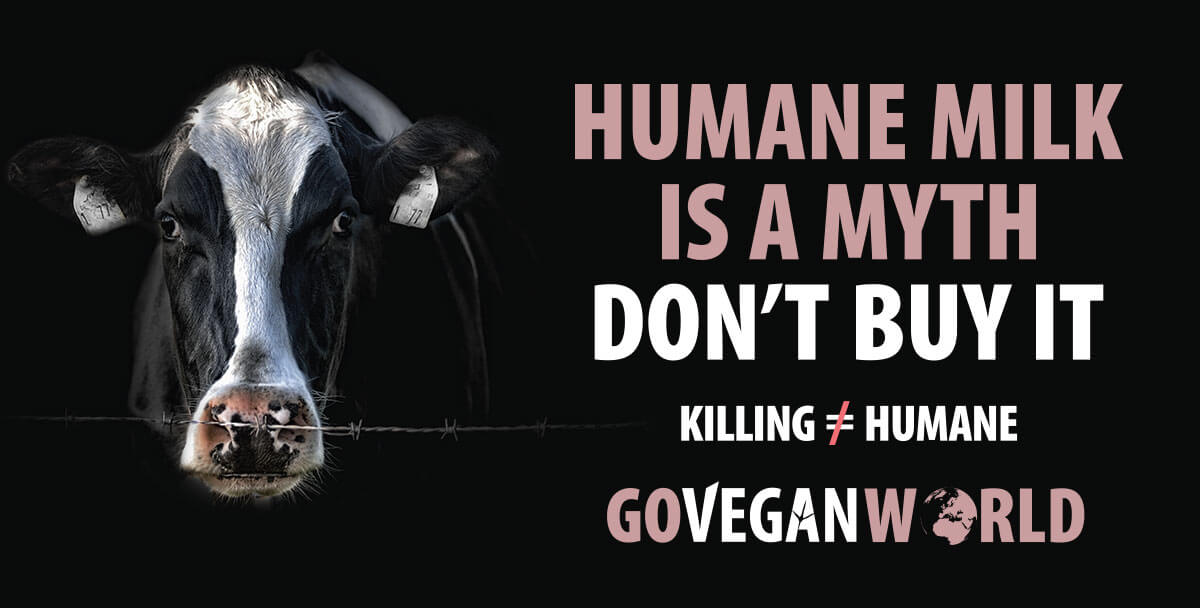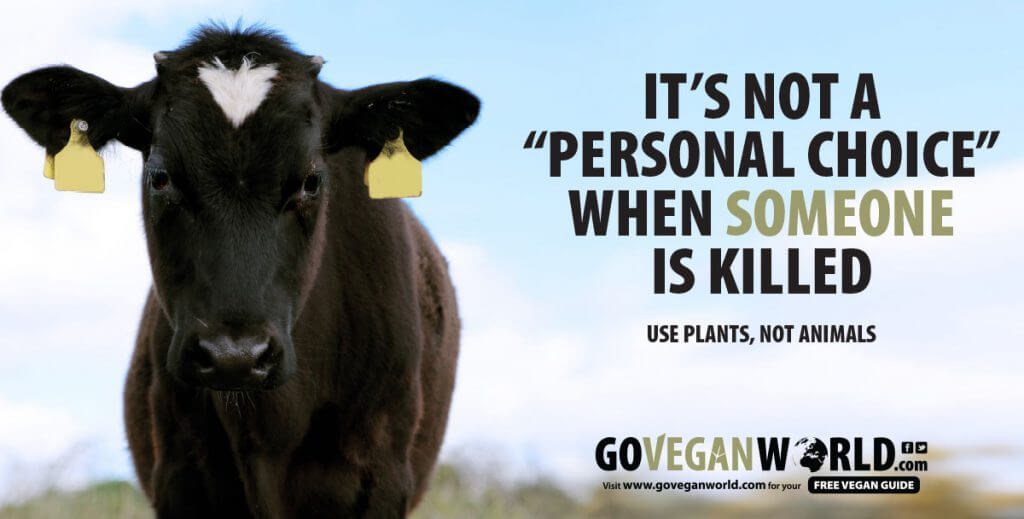
International Vegan Rights
The vegan rights that are most relevant to animal rights advocacy stem from international human rights, which at least in theory apply to every human on the planet. In this section we set out the main international human rights relevant to vegans. The extent to which these rights are recognised and applied in practice varies country by country; nevertheless, it will be useful for all vegans to be aware that these rights are set out in international treaties to which most countries of the world are signed up.
The United Nations (the UN) was established in 1945, with one of its stated objectives being to “reaffirm faith in fundamental human rights, in the dignity and worth of the human person, in the equal rights of men and women, and of nations large and small.”
The UN adopted the Universal Declaration of Human Rights (“UDHR”) in December 1948 in which a number of individual human rights were set out. The UDHR was followed in 1966 by two international human rights treaties, the International Covenant on Civil and Political Rights (“the ICCPR”) and the International Covenant on Economic, Social and Cultural Rights. The ICCPR gave legal effect to a number of the aspirational rights set out in the UDHR. It is legally binding on states that sign up to it and most states have done so.
Freedom of Thought, Conscience and Belief
One of the key rights contained in the ICCPR is the right to freedom of thought, conscience and belief. Everyone has this right, which means that we have:
1. an absolute right to hold and change our beliefs and convictions. No state or government is entitled to interfere with that under any circumstances, and
2. the right to put protected beliefs and convictions into practice, subject to very limited constraints. (Article 18 of the ICCPR).
Freedom of thought and conscience are given equal protection along with freedom of religion and this is to be interpreted broadly, as confirmed by the Human Rights Committee for the ICCPR which noted that:
“The right to freedom of thought, conscience and religion…is far-reaching and profound; it encompasses freedom of thought on all matters, personal conviction and the commitment to religion or belief … freedom of thought and the freedom of conscience are protected equally with the freedom of religion and belief.”
That the vegan conviction that it’s wrong to use and kill non-human animals is a protected belief and so we have the right to live according to it has been confirmed in the European context, which we discuss in the next section. The extent to which this has been confirmed elsewhere should be confirmed with local lawyers.
Vegan Parents / Education
Vegan parents have the right to respect for their convictions in relation to state provision of education. Article 18(4) of the ICCPR provides that:
“[t]he States Parties to the present Covenant undertake to have respect for the liberty of parents and, when applicable, legal guardians to ensure the religious and moral education of their children in conformity with their own convictions.”
The Human Rights Committee of the ICCPR has stated that:
“The liberty of parents or legal guardians to ensure that their children receive a religious and moral education in conformity with their own convictions … is related to the guarantees of the freedom to teach a religion or belief … public education that includes instruction in a particular religion or belief is inconsistent with [this right] unless provision is made for non-discriminatory exemptions or alternatives that would accommodate the wishes of parents and guardians.”
In other words, because the right to live according to protected beliefs or convictions includes the right to manifest the observance of that conviction with others including through teaching, when teaching is a public function undertaken by the government it must ensure that teaching is carried out in a way that does not discriminate against parents or children with protected beliefs or convictions. This right can be referred to in challenging speciesism in education, such as classroom activities involving animal use and course materials that promote the idea that animals are things to be used by humans for what we want from them. The right has been looked at in more detail at a European level, and we discuss that in the next section.
Other Relevant Civil Rights
The ICCPR also contains the right to:
– freedom from discrimination, including on the grounds of “political or other opinion”;
– freedom of expression (to seek, receive and impart information and ideas is a fundamental human right); and
– peaceful assembly.
Interference with these rights is only permitted if set out in law, necessary to achieve a legitimate aim such as public safety or for the protection of the rights and freedoms of others, and any restrictions must be proportionate, going no further than is necessary.
ICCPR Obligations on States/Governments
Signatories to the ICCPR are required to:
(1) respect and ensure these rights to all individuals within their territory, and
(2) adopt such laws or other measures as are necessary to give effect to these rights.
There is, therefore, a positive obligation on states/governments to ensure that everyone has freedom of thought, conscience and belief, and an obligation to pass such laws as are necessary to achieve that.
However, the ICCPR is an international treaty that operates on a state to state (country to country) level. It lacks any enforcement mechanism for individuals on an international level. It does have an Optional Protocol, which allows individuals to take complaints directly to the Human Rights Commission, but not all states/countries have signed up to that Protocol.
Nevertheless, governments are required to ensure that individuals within their territory have a remedy for breaches of their ICCPR rights and this can be used to advocate for change.
Right to Health and the Right to Food
The right to food is provided for in the International Covenant on Economic, Social and Cultural Rights (“ICESCR”). Veganism is not a diet but the obstacles affecting a vegan’s ability to live in recognition of the rights of non-human animals frequently concern the availability of suitable food.
In Article 11 of the ICESCR, countries that have signed up to the Covenant recognise the right of everyone to be free from hunger and undertake to take steps to ensure people have adequate food, and to disseminate knowledge about nutrition.
The Special Rapporteur on the right to food has expanded on the meaning of this right:
“the right to have regular, permanent and free access, either directly or by means of financial purchases, to quantitatively and qualitatively adequate and sufficient food corresponding to the cultural traditions of the people to which the consumer belongs, and which ensures a physical and mental, individual and collective, fulfilling and dignified life free of fear.”
This can be referred to in advocating for vegan food provision.
The ICESCR also contains a right to health. Article 12 recognises “the right of everyone to the enjoyment of the highest attainable standard of physical and mental health”. There is an increasing body of evidence supporting the view that, not only do we not need to consume anything from animals to thrive, but a wholefoods plant-based diet can be highly beneficial for human health.
The right to health and the right to food can be relied on together to advocate for access to affordable, nutritious, plant-based food, and to press for policies that support plant-based production and consumption.
ICESCR Obligations on States/Governments
The ICESCR is another international treaty that operates on a state to state (country to country) level. It lacks any enforcement mechanism for individuals on an international level. Moreover, the ICESCR contains only an undertaking by signatories to “take steps towards the progressive realisation” of the rights set out in the Covenant, rather than an immediate undertaking to ensure that these rights are fulfilled. However, countries signed up to the ICESCR have undertaken to “take steps to the maximum of [their] available resources” to achieve these rights, and they can be referred to in advocating for change. Moreover, increasing focus is being placed on economic and social rights in the international context, and in some countries the right to food and/or the right to health will be enshrined in national law, enabling individuals to rely on these rights before their national courts.
Rights of Children
Children have the same human rights as adults, as set out above, and up to the age of 18 they also have additional protections under the Convention on the Rights of the Child. This Convention also contains the rights to freedom of thought, conscience and belief, freedom of expression, association and assembly, and the right to health. In addition it provides, in Article 3, that the best interests of the child shall be a primary consideration in all actions concerning children, whether undertaken by a public or private entity. In Article 29 it also provides that the education of the child shall be directed to, among other things, the “preparation of the child for responsible life in a free society, in the spirit of understanding, peace, tolerance, equality of sexes, and friendship among all peoples, ethnic, national and religious groups and persons of indigenous origin” and “the development of respect for the natural environment.”
These rights can be referred to in advocacy situations concerning children.
Right to Life / Healthy Environment
There is increasing recognition of the need to specifically enshrine in international law the right to a healthy environment, given the links between human rights and environmental protection. For example the 1998 Convention on Access to Information and Public Participation in Decision Making and Access to Justice in Environmental Matters refers to the right of everyone to an environment adequate to health and well-being. Regional human rights treaties and some national laws have also expressly recognised environmental rights and in some cases the right to life has been used to secure environmental protections. This is an evolving area, which may become increasingly relevant in this time of climate crisis given the key role of animal use in environmental destruction.
Conclusion
The extent to which international rights are recognised and applied varies from country to country, and there is no general enforcement mechanism for individuals. However, in many countries these rights will be incorporated into national law, automatically or through legislation, and so can be referred to in calling for better provision and, if need be, before national courts. They can also be referred to in pressing for policy change and calling on governments to live up to their international commitments.
In this talk Go Vegan World’s Legal Counsel outlines the main legal rights that apply to vegans living in the UK and Ireland, under human rights and equality law, and how these rights can be used to defend against discrimination and push for better provision.
Further information is available on the following pages:




